Article: Manuka Honey, Immunity and Cytokines: Nature’s Dialogue with Your Immune System

Manuka Honey, Immunity and Cytokines: Nature’s Dialogue with Your Immune System
When you drizzle a spoonful of Manuka honey, you’re not just adding sweetness — you might also be giving your body a gentle nudge of immune support. Beyond its well-known antibacterial and wound-healing powers, emerging science reveals that Manuka honey can influence the body’s immune messaging system — especially through molecules known as cytokines. In this article, we’ll explore how Manuka “talks” to immune cells, what the evidence says, and how this might benefit your health.
Why Cytokines Matter
Cytokines are small proteins secreted by immune and non-immune cells. They’re like text messages: telling cells to mobilize, calm down, coordinate repair, or amplify inflammation. Key cytokines include TNF-α, IL-1β, IL-6 (which promote inflammation) as well as anti-inflammatory mediators that help resolve that response once the threat is under control.
A balanced cytokine response is critical: too weak, and infections linger; too strong or prolonged, and tissue damage or chronic inflammation can occur. Because of this, substances that modulate cytokines are of high interest in healing, immunity, and inflammation control.
How Manuka Communicates with Immune Cells
1. Awakening Monocytes & Macrophages
One of the earliest discoveries was by Tonks et al. (2003). In that study, human monocytes exposed to 1 % (w/v) natural honey released higher levels of TNF-α, IL-1β, and IL-6 compared to controls with just sugars. This suggested that something *other than sugar* in honey stimulates immune cells. Tonks et al. 2003
Later, the same group isolated a small, 5.8 kDa component from Manuka honey that could independently induce cytokine release via **TLR4** (Toll-Like Receptor 4) signaling. Blocking TLR4 reduced the effect, pointing to a receptor-mediated mechanism. Interestingly, the cytokine induction did *not* correlate with low-level endotoxin (LPS) content in honey, and was only partly blocked by polymyxin B, suggesting non-endotoxin moieties are involved. Tonks et al. 2007
More recent reviews (e.g. Masad et al., 2021) reaffirm that after fractionation, a 5.8 kDa, heat-sensitive fraction retains strong immunostimulatory activity, often via TLR4 pathways. Masad et al. 2021
2. Speaking to Skin: Keratinocytes & Wound Repair Signals
Manuka honey doesn’t only interact with immune cells — it also “converses” with your skin cells. In a study by Majtan et al. (2010), human keratinocytes treated with honey (or its protein MRJP1) increased their expression of cytokines (like IL-1β, TGF-β) and **MMP-9**, an enzyme that remodels extracellular matrix and helps migrating cells clear dead tissue. Majtan et al. 2010
The higher MMP-9 activity correlated with breakdown of type IV collagen (a basement membrane component), suggesting honey helps cells clear a path for tissue repair. This synergy — immune activation + tissue remodeling — is part of how honey accelerates healing.
3. The Power of AGPs & High-Molecular-Weight Components
Later research in New Zealand honeys focused on **arabinogalactan proteins (AGPs)**. Gannabathula et al. (2012) found that type II AGPs isolated from Kanuka (and also present in Manuka) stimulated TNF-α production from monocytic cell lines (THP-1, U937). Their activity was partly sensitive to polymyxin B and heat treatment, suggesting they may carry lipid or glycolipid moieties. Gannabathula et al. 2012
In fractionation experiments, most of the immunostimulatory activity was preserved in the >30 kDa fraction of honey, pointing to larger molecules (like AGPs or proteins) as key players. The authors proposed that a “cocktail” of AGPs, proteins, small peptides (~5.8 kDa), and low-level endotoxin might together account for the immunomodulatory signature of honey. Gannabathula et al. (researchgate)
Balancing Act: Activation, Resolution & Safety
The immune-modulating effect of Manuka can be thought of in two phases:
- Activation phase: early stimulation of immune cells (via cytokines) to clear pathogens, recruit repair cells, and prime local tissues.
- Resolution phase: feedback loops and anti-inflammatory signals (not fully studied in honey research yet) calm the response and guide repair without excessive scarring or damage.
This balance is important. While stimulating cytokines is beneficial in wound healing or infection, excessive or chronic stimulation could be harmful — especially in individuals prone to inflammation or autoimmune conditions.
Also, honey’s **direct antimicrobial** components (methylglyoxal, phenolics, high osmolarity) synergize with the immune effects. By reducing microbial burden, honey may reduce chronic inflammatory stimuli, letting the immune system “reset” more efficiently.
Recent Advances & In Vivo Evidence
Most studies so far are in vitro (cells), but newer animal and mechanistic work is translating those findings.
Macrophage & Cytokine Profiling
A 2022 study (“Characterization of immunomodulatory responses induced by Manuka honey”) showed that Manuka honey can induce key inflammatory cytokines and chemokines in macrophages, confirming that honey’s effects go beyond simple antibacterial actions. Masad RJ et al., 2022
Oral Manuka & Cancer Immunity via Gut Microbiota
In exciting recent work, Masad et al. (2024) administered Manuka honey orally in mice and observed **IFNγ-dependent resistance to tumor growth**. Masad et al. 2024
- MH (Manuka Honey) pretreatment slowed tumor growth by ~44% versus controls.
- This effect was abolished in IFNγ-deficient mice, highlighting the role of interferon pathways.
- Manuka also altered gut microbiota composition — possibly contributing to immune reprogramming.
- T issue-level analyses showed higher MHC expression on macrophages and greater infiltration of effector T cells.
This suggests that dietary Manuka may influence systemic immunity via the gut–immune axis, enhancing anti-tumor responses via cytokine and microbiome modulation.
What Makes Manuka Unique — and What Varies?
Not all honeys are created equal when it comes to immunomodulation. Some of the critical variables include:
- Floral source & geography: Manuka, Kanuka, and other NZ honeys differ in AGP types, phenolic profiles, and peptide content.
- Processing & heat exposure: Heating or filtration may degrade sensitive proteins or peptides, reducing immune activity.
- Storage and age: Degradation over time may alter bioactive potency.
- Batch-to-batch variation: Bee microbiome, soil, weather, nectar composition—all influence the final profile.
Therefore, using consistently authenticated, high-quality New Zealand Manuka tends to give more reliable immune benefit than generic or heat-processed honeys.
Potential Applications & Considerations
Wound care & skin health: The combined antimicrobial + immune-activating + tissue-remodeling effects make Manuka ideal for topical applications and dressings.
Immune support adjunct: While not a standalone therapy, consuming Manuka or using it topically may support immune resilience — especially in mild infections or for mucosal support.
Prevention & adjuvant therapy: The recent tumor model work suggests more ambitious roles — e.g. in cancer prevention trials or alongside immunotherapies — though human studies are still needed.
Safety & dosage: Because cytokine activation can backfire in sensitive individuals (autoimmune, chronic inflammation), moderation is key. Doses in studies often exceed typical culinary use. Start small and observe effects.
Clinical trials needed: We still lack wide-scale human studies measuring cytokine endpoints or long-term immune modulation. That’s the frontier.
Summary & Future Directions
Here’s what the current evidence tells us:
- Manuka honey contains multiple bioactive molecules (peptides, proteins, AGPs) that stimulate cytokine release in monocytes/macrophages via receptor-mediated pathways (e.g. TLR4). Masad et al. 2022
- Honey also acts on skin cells (keratinocytes), upregulating cytokines and MMPs to support remodeling in wound healing. Majtan et al. 2010
- High-molecular-weight components, especially AGPs, appear key to immunostimulatory activity. Gannabathula et al.
- Animal models show that oral Manuka can modulate gut microbiota, enhance IFNγ-dependent anti-tumor immunity, and alter immune cell infiltration. Masad et al. 2024
- Variation in floral source, processing, and batch means not all honeys yield equal immune effect — quality control and standardization matter.
- While the lab and animal data is compelling, human clinical evidence — particularly measuring cytokines and immune biomarkers — remains limited.
The takeaway? Manuka honey does more than sweeten your day — it invites your immune system into a balanced conversation. When chosen and used wisely, it can support your body’s natural healing and defense mechanisms.
Wonder Honey’s Promise to You
At Wonder Honey, we don’t just sell honey — we safeguard its integrity. Every batch is verified across 26 authenticity markers to ensure you receive the pure, immunologically potent Manuka your body deserves. We believe that health comes not from extreme additives or artificial boosts, but from nature’s subtle, synergistic designs.
Use it for your skin, your wellness routines, your recipes — and trust that beyond its taste, there’s real cellular conversation happening at every spoonful.
---
References
- Tonks A.J., Cooper R.A., Jones K.P., Blair S., Parton J., Tonks A. (2003). [Honey stimulates inflammatory cytokine production from monocytes. Cytokine, 21(3), 242–247.]()
- Tonks A.J., Dudley E., Porter N.G., Parton J., Brazier J., Smith E.L., Tonks A. (2007). [A 5.8-kDa component of Manuka honey stimulates immune cells via TLR4. J. Leukocyte Biology, 82, 1147–1155.] ()
- Majtan T., Kumar P., Majtan J., Walls A.F., Klaudiny J. (2010). [Effects of honey and its major royal jelly protein (MRJP1) on cytokine & MMP-9 expression in human keratinocytes. Experimental Dermatology. PubMed]
- Gannabathula S., Skinner M.A., Rosendale D., et al. (2012). [Arabinogalactan proteins contribute to immunostimulatory properties of NZ honeys. Food Chemistry. PubMed]
- Masad R.J., et al. (2022). Characterization of immunomodulatory responses induced by Manuka honey. Frontiers in Immunology. PMC
- Masad R.J., et al. (2024). Oral administration of Manuka honey induces IFNγ-dependent resistance to tumor growth and correlates with beneficial modulation of gut microbiota composition. Frontiers in Immunology. Frontiers
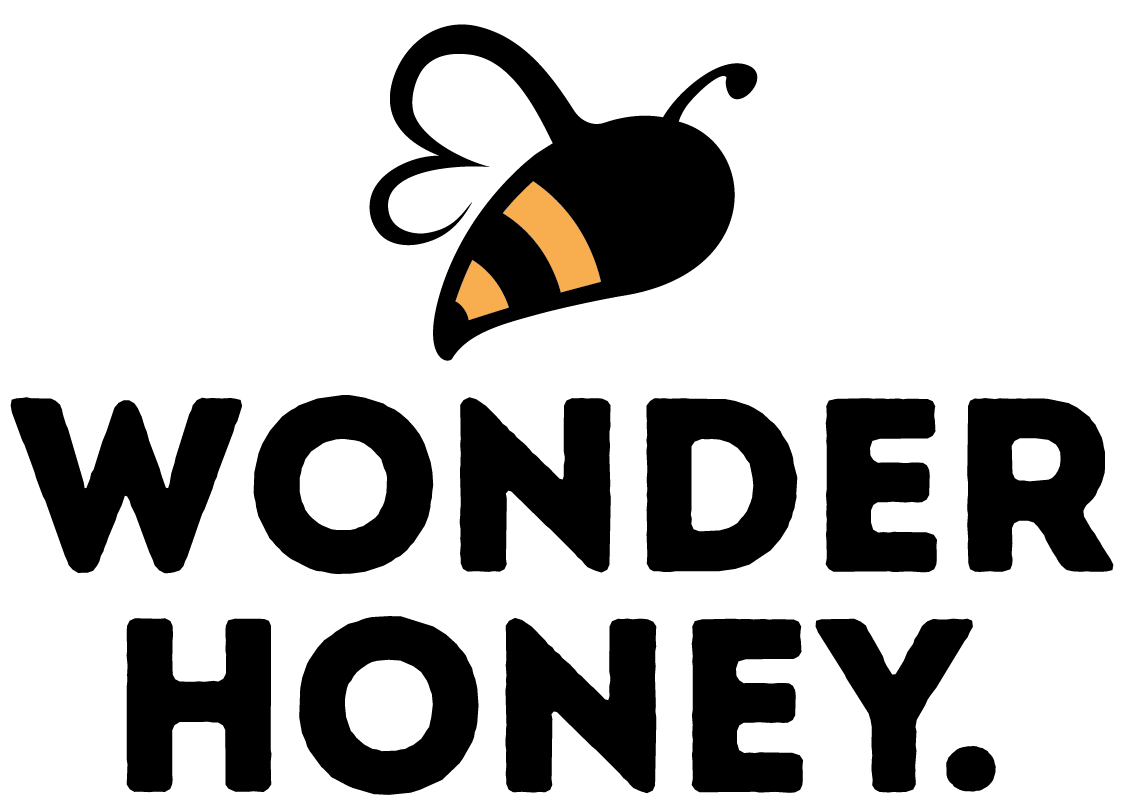
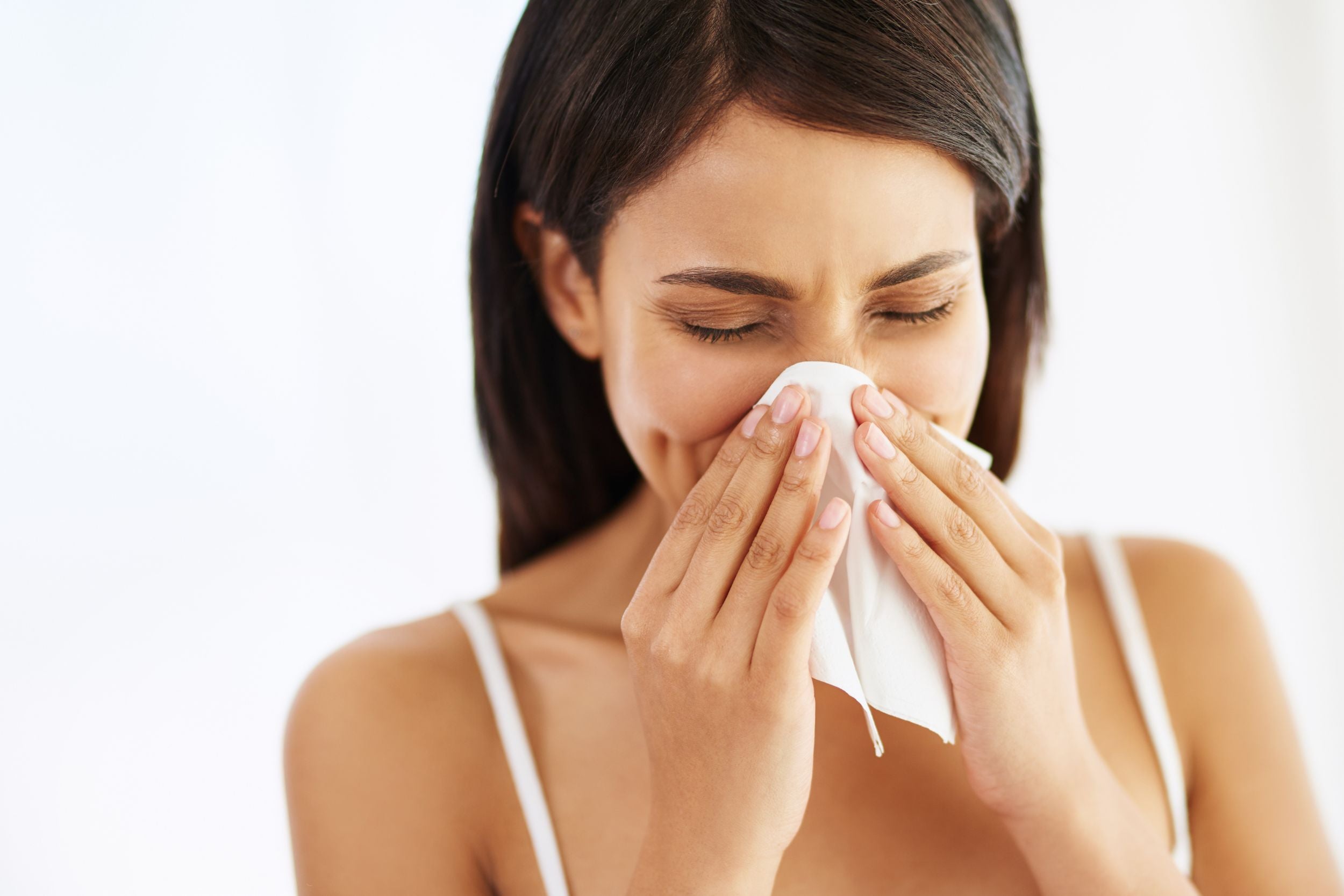

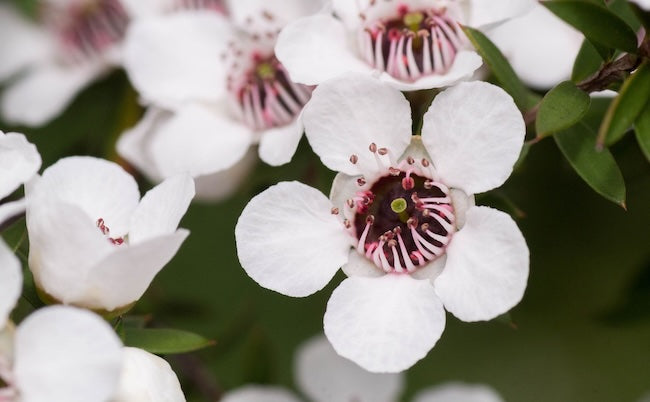
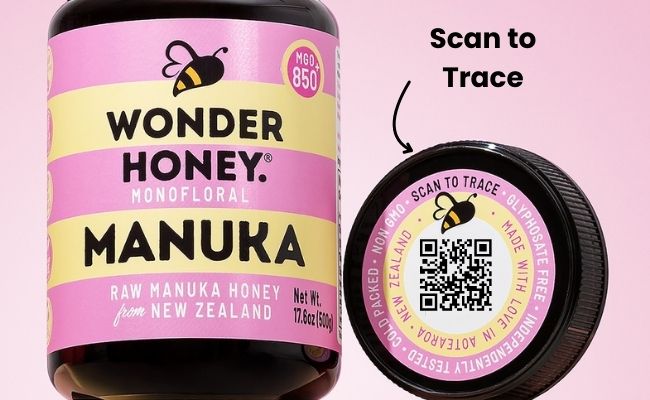

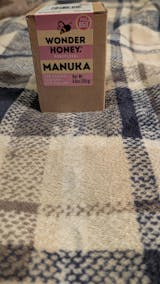
Leave a comment
This site is protected by hCaptcha and the hCaptcha Privacy Policy and Terms of Service apply.